
COVID-19 when travelling in France
With millions of people celebrating sport in France this summer, there may be a rise in COVID infections. Learn about your options in case you are feeling symptomatic while travelling.
Experiencing symptoms abroad may not be part of the itinerary. It's important to know what to do and be prepared to act fast
Testing & next steps
Discover what to do if you have suspected or confirmed COVID-19 while abroad.
Risk & symptoms
Learn if you’re at high risk of serious COVID-19 and which symptoms to look out for.

Testing & next steps
If you are at high-risk of serious COVID-19 and believe you are experiencing symptoms, it is time to act fast. Access tests at a pharmacy local to you:
How to get tested
If you are experiencing the symptoms of COVID-19, such as cough, sore throat, loss of taste or smell, or difficulty breathing, or if you have been in close contact with someone with COVID-19, you should carry out a test for COVID-19 straight away.1
If you have another medical condition, you may be at high-risk of severe disease. This means it’s even more important to act fast, before your symptoms become severe.
Where to get a test?
In France, self-tests (autotests COVID), or at-home tests, can be purchased in every pharmacy, without having to go to a specific testing centre.
Look out for the distinctive green illuminated cross or use this pharmacy locator to find a pharmacy (pharmacie) near you.
How much is a test?
Visitors without a French social security number can typically pay:2
- €20-25 for antigen tests
- €43.89 for RT-PCR
- €3.35 for self-tests (adults)
- €5.20 for self-tests (children)
What to do in case of a positive test?3
- If you are at high risk, seek medical assistance
- Inform your contacts
- Take measures to prevent spread (wear a mask, distancing, hand hygiene)
- As of February 1, 2023, isolation is no longer mandatory
What to do if you test positive
If you are high-risk and test positive for COVID-19, you should seek medical assistance immediately. Timing is everything since mild symptoms can quickly become serious. You can make an appointment with a general practitioner (médecin généraliste) in a few clicks using one of these dedicated platforms (registration required):
- Website also available in English
- For both in-practice and video consultations
- Possibility to select practitioner according to language spoken
- Also available from App Store and Google Play
- Website available in French only
- For both in-practice and video consultations
- Possibility to select practitioner according to language spoken (langues parlées)
- Also available from App Store and Google Play

Risks & symptoms
Get in the starting blocks to learn how to spot COVID-19 and whether you may be at high-risk of severe disease.
COVID-19 can affect anyone, causing symptoms ranging from mild to very severe.4,5 Symptoms may appear 2-14 days after exposure to the virus.5
Common symptoms of COVID-194
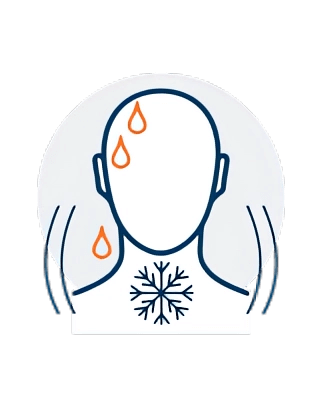
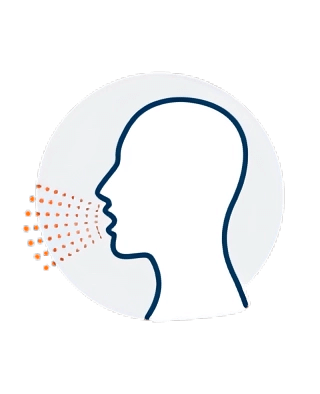
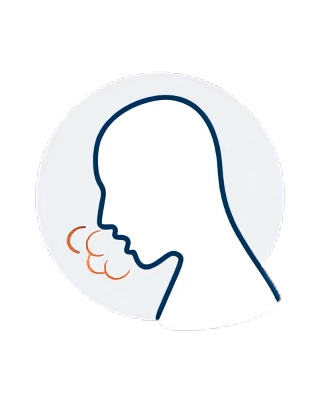

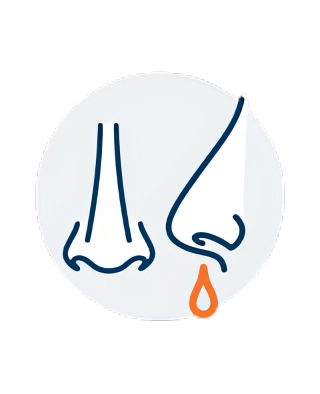
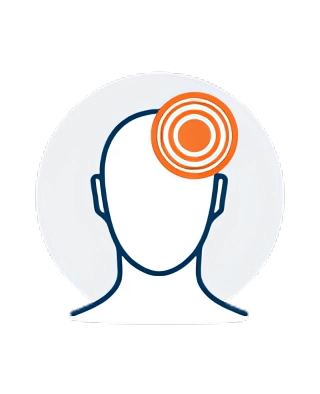
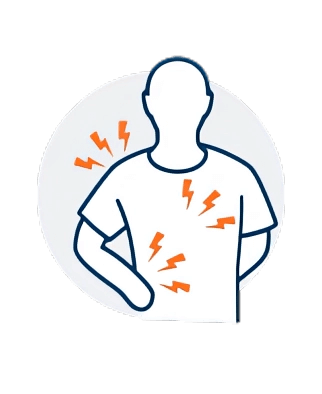
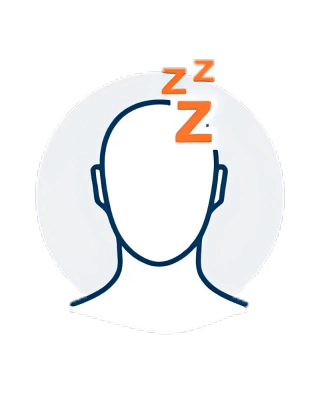
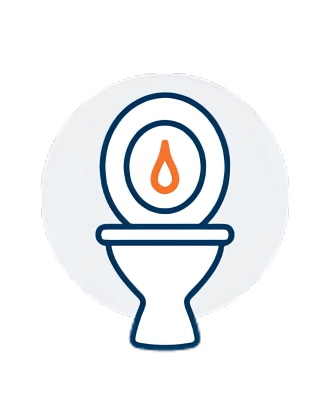
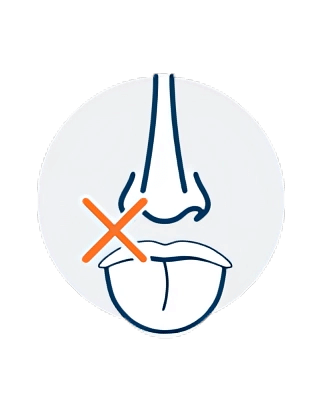
The symptoms of COVID-19 can be similar to the common cold, influenza (flu), and respiratory syncytial virus (RSV), meaning it can be difficult to tell them apart.4,5 If you suspect you may have COVID-19, visit the nearest pharmacy to get tested.
People who are older, unvaccinated, or with certain medical conditions are more likely to get very sick with COVID-19. This may lead to serious illness, hospitalisation, or even death.6 Here’s a list of common factors that may put you at higher risk of getting sick with COVID.6-8
This list of risk factors is not exhaustive. For more information, please visit the World Health Organization or the Center for Disease Control & Prevention websites.
Risk factors for serious COVID-196-8
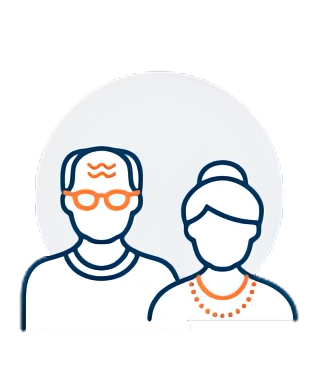
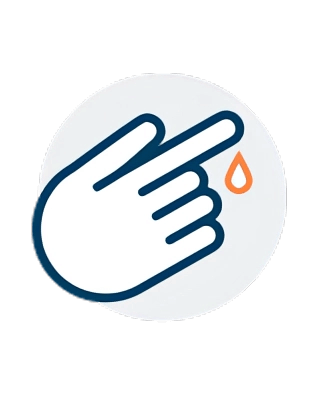
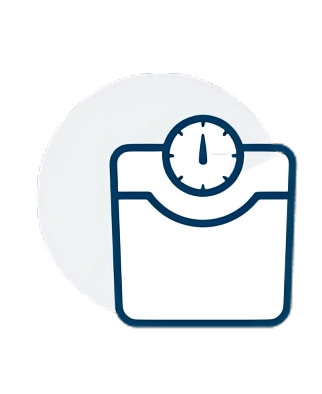
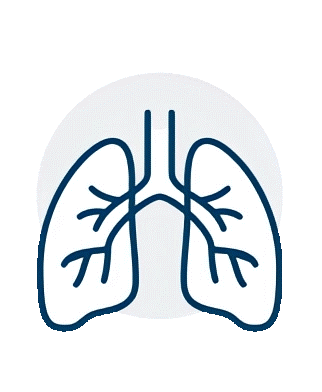
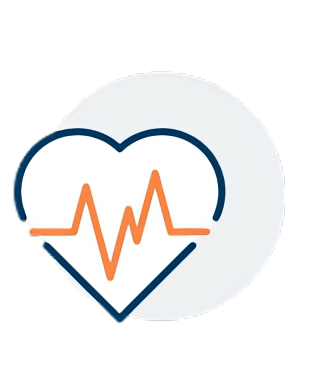
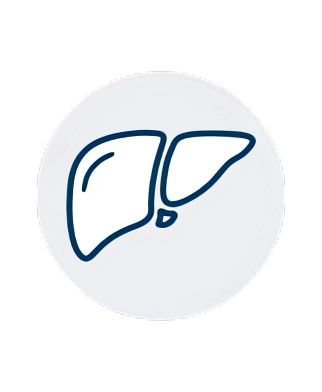


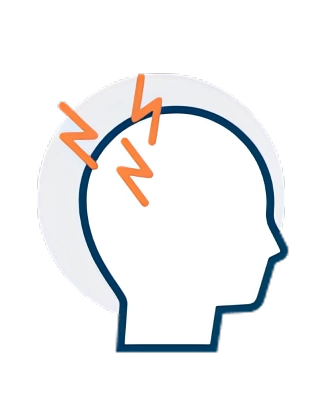

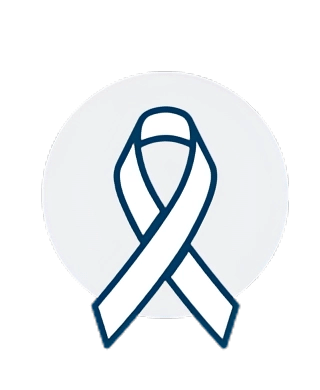
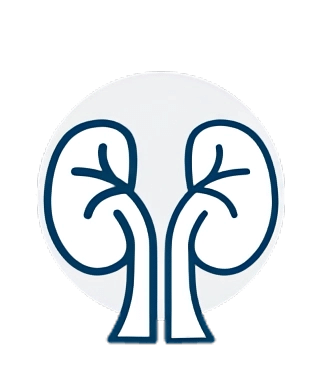
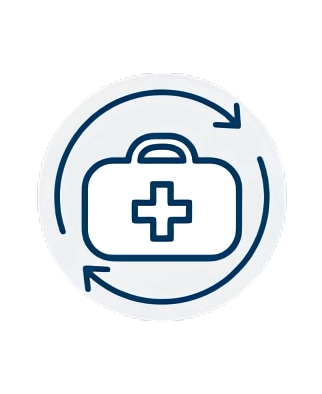
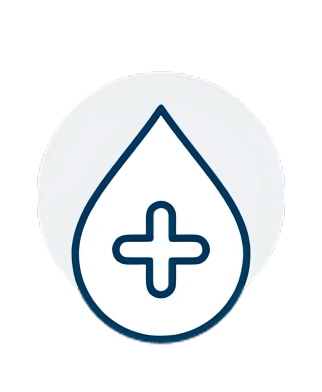
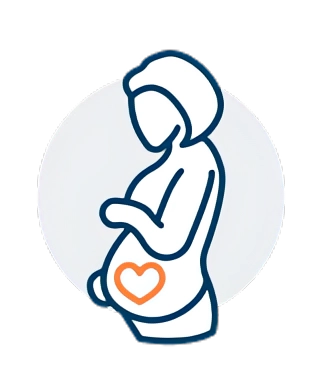
Having any of the above may mean mild COVID symptoms can quickly become serious.6-8
A person’s risk of getting seriously ill with COVID increases if they have other medical conditions. The more you have, the greater the risk.6-8
It is therefore important to know if you’re at higher risk of serious COVID-19. If you are, you can take action fast when you have symptoms or test positive.
![[3:16 PM] Mariya Skachkova (External) A group of runners is in the starting position on a blue track at a stadium. One of the runners is wearing a green outfit. The text "Keep score of COVID-19" is displayed on the right side of the image. The Pfizer logo is positioned at the bottom left corner.](./media_161a6a3642901e2e209d45a7c0142ba835457c97f.png?width=750&format=png&optimize=medium)
Forms & Costs
With the right forms and paperwork, you can keep score of any medical expenses and costs while travelling abroad.